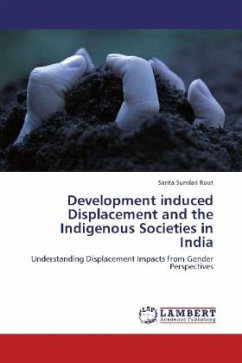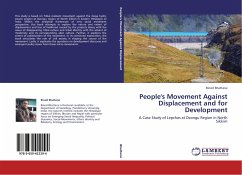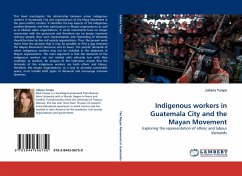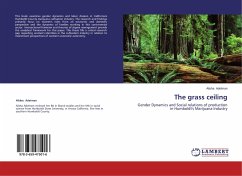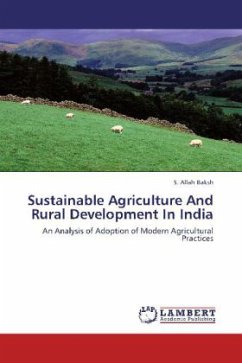The concept of development-induced-displacement is not new in Indian context. However, the topic has received wider academic and policy attentions in the past three decades in the country. Researchers argue that both women and men experience the development process and its positive and negative outcomes differently whereas the policy concentration is on the formulation of an egalitarian development programme for all sections of India. This dissertation analyses the differential DID impacts on both men and women of indigenous communities and the existing gaps in the Indian Government s rehabilitation and resettlement programmes. Why and how the indigenous community is different from others and why does DID impacts their lives and livelihoods differently has been discussed throughout this work.
Bitte wählen Sie Ihr Anliegen aus.
Rechnungen
Retourenschein anfordern
Bestellstatus
Storno

